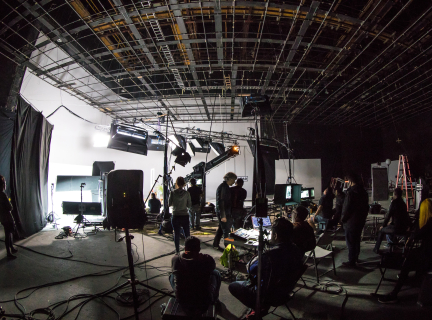Getting Started and Finding Jobs in the Film & Television Industry

How do you get started in the Film & Television Industry?
You will need to complete the Motion Picture Industry Orientation Course (MPIO).
Developed in partnership between Creative BC, MPPIA and industry labour organizations, this course is administered by Actsafe and provides information you need to know before working on a film set. It’s also a requirement for membership or permittee status in most unions. The Motion Picture Industry Orientation is a 1-day course and costs $75.00 + GST.
Course topics include the structure of the BC film industry, stages of production, industry jobs, set terminology, set etiquette, basic safety and communication skills.
MPIO is offered through the following educational institutions:
Which Unions Represent Workers in the Film & Television Industry?
After completing coursework, contact the Union representing your type of work and ask about membership.
Getting Experience
Everyone who hires in film and broadcasting want applicants who already have experience, whether volunteer or professional. Most people get their first film or broadcasting job through a contact – an acquaintance who knows about an unadvertised job or where work can be found.
How can you make these very important contacts?
- Make yourself visible. The only way people will know about you is because you’re already working, or from your school or volunteer work.
- Be an enthusiastic worker. If you’re willing to try anything and enjoy what you’re doing, people will remember you.
- Be curious about others. Your network is not just about you. Have a genuine interest in what others do and enjoy learning from them.
- Stay in touch. Relationships need constant work. Give your contacts a call now and then, and ask them how they’re doing. Tell them what you’re up to.
Source: Careers in Culture [Cultural Human Resources Council], Careers in Film & Broadcasting, Career Routes
Online Job Postings
Creating a List of Potential Employers
You can use directories to produce lists of employers in the film & television industry in British Columbia. Contact them directly to find out if they’re hiring.
